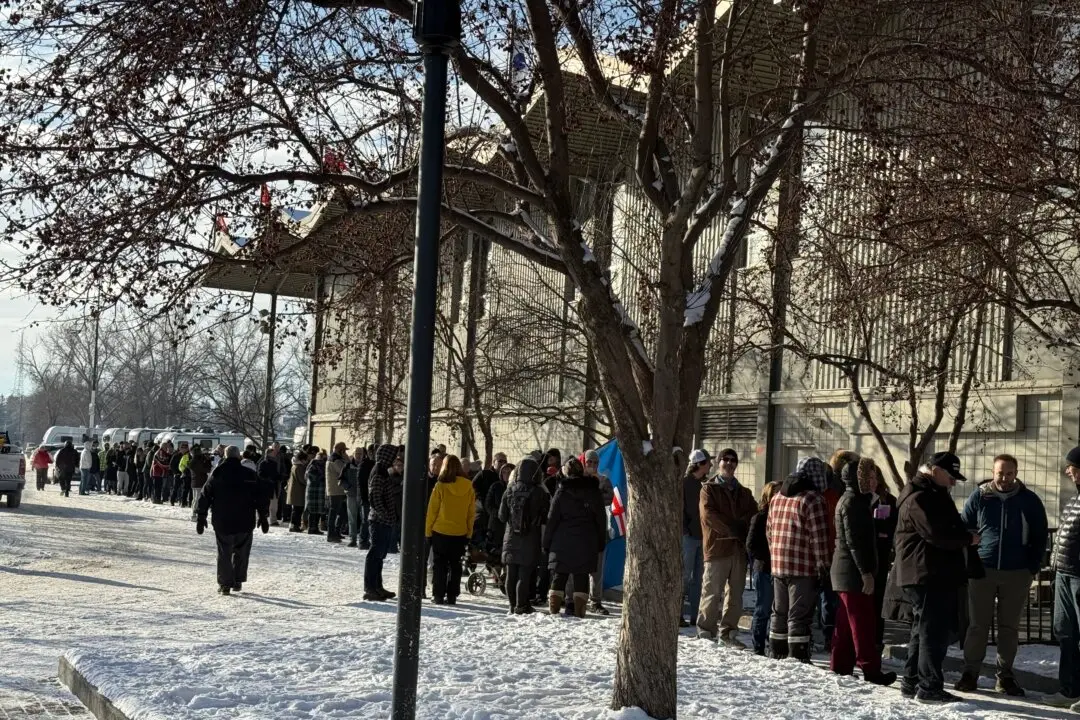Commentary
The Liberals are managing to find ways to maintain power in the House of Commons, despite being a minority. They may be able to continue that until a scheduled general election in October 2025. If the government doesn’t implement some popular policies in the next 12 months, though, they are facing potential electoral obliteration.





